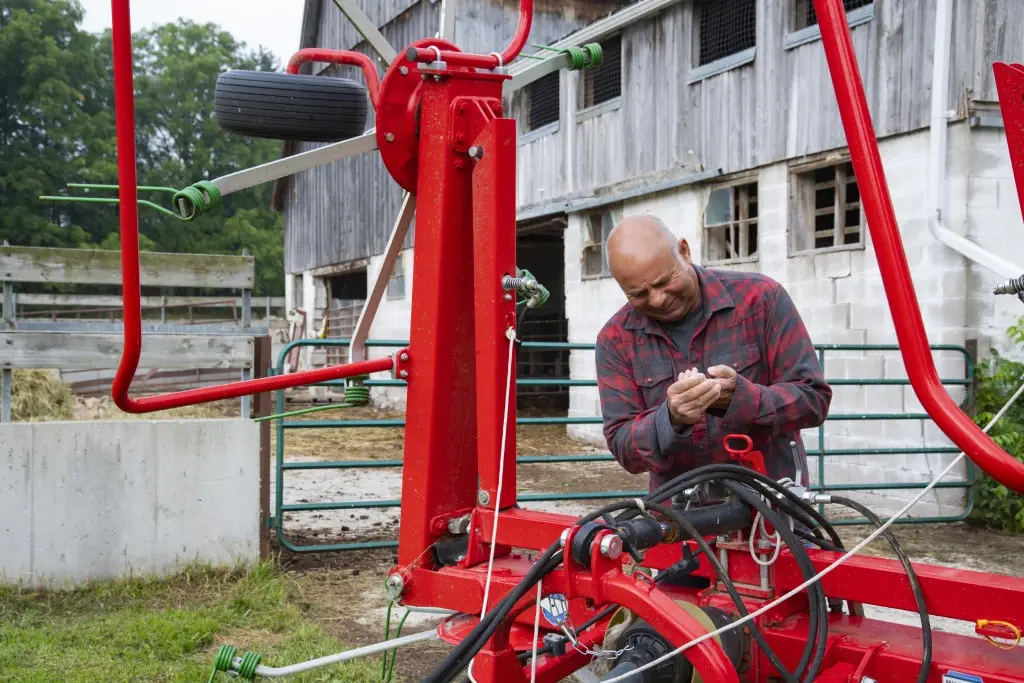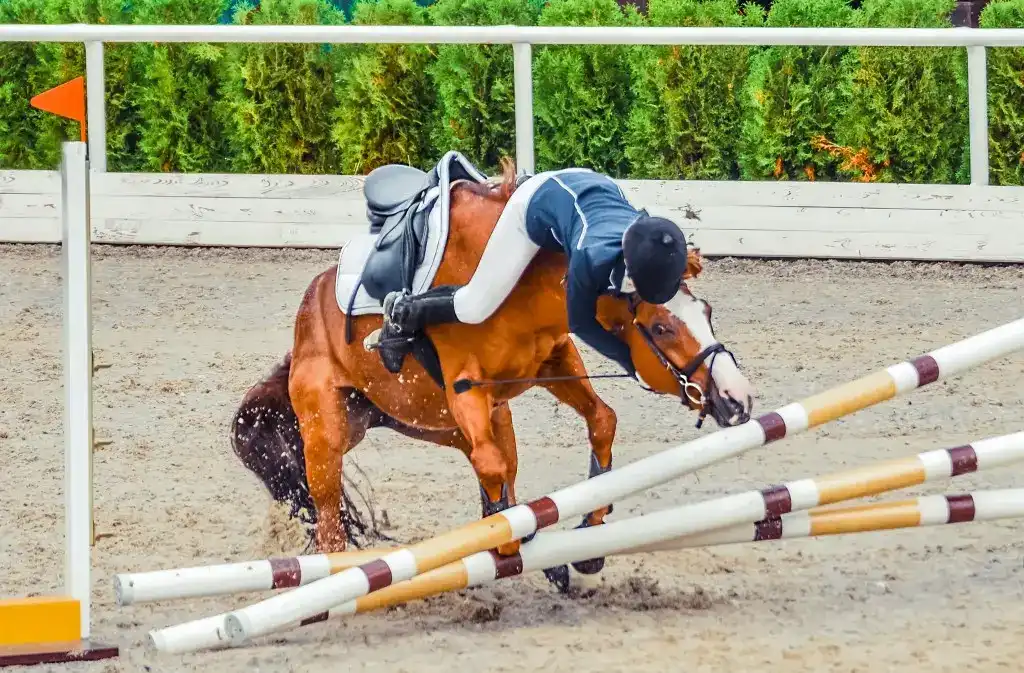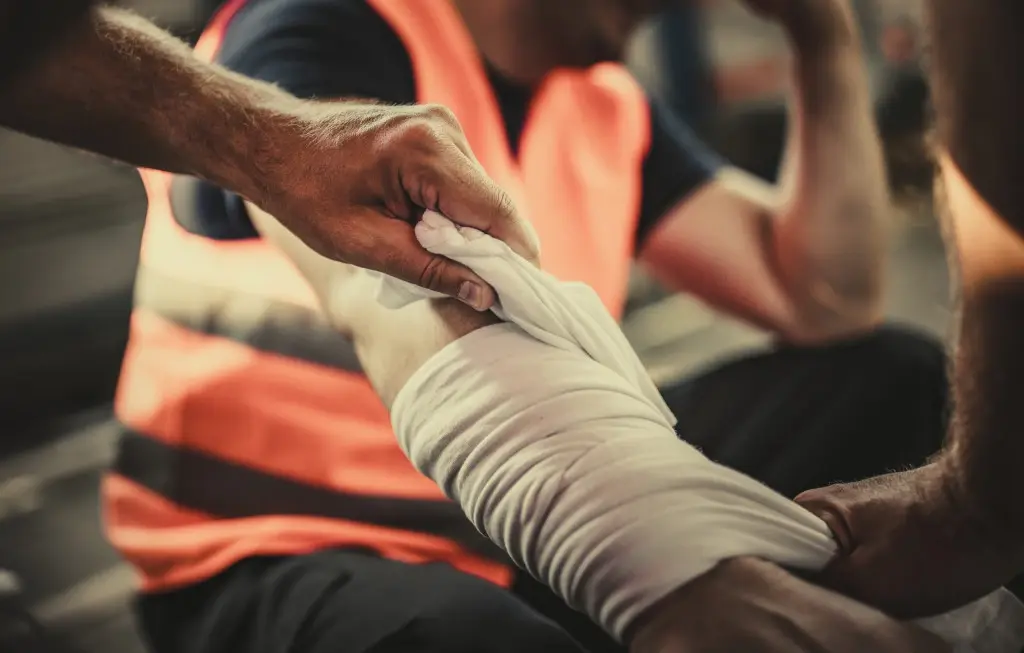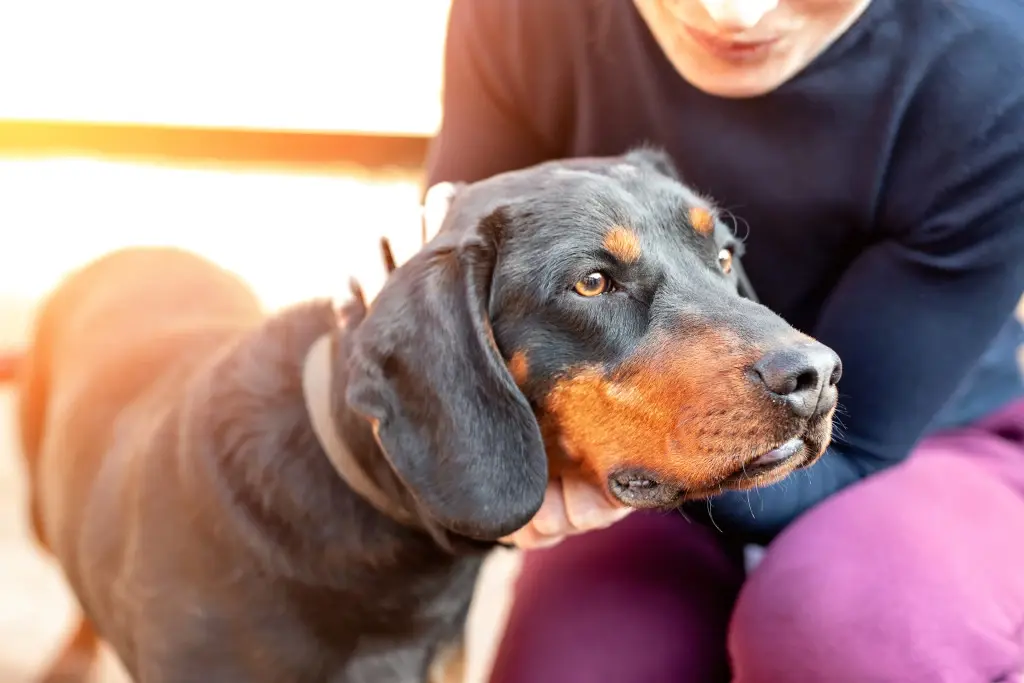I suffered a personal injury. What do I do?
If you’ve suffered a personal injury, it’s important to seek legal assistance from a personal injury attorney as soon as possible. They can evaluate your case, advise you on your rights, and help you pursue compensation for your injuries and related expenses through negotiation or litigation. By working with a skilled attorney, you can navigate the complexities of the legal process and strive to achieve a fair outcome for your situation.
Need to speak to someone about a personal injury? Get in touch.
Speak With a Personal Injury Attorney
Fill out your free personal injury evaluation below and we’ll help you find out how much your claim may be worth!
What Is
Personal Injury Law?
Personal injury law covers a multitude of different injuries. The one thing all personal injury law cases have in common are:
- A legal duty existed
- Another person or business breached that legal duty (i.e., intentional and/or accidental acts of negligence)
- That this breach of legal duty directly harmed or injured you
- You can show you lost money (i.e., damages) due to that breach of duty which an attorney can recover from the defendant
In plain English, it means you personally suffered an injury or loss of some kind because someone else messed up. However, you should know that personal injury law specifically governs civil cases. While there are many examples of the same accident resulting in both criminal and civil cases, they are two separate things. In other words, personal injury attorneys do not prosecute or defend individuals who face criminal charges. Since personal injury law covers a lot of different claim types, we’ll list the most common ones below.
How Can a Personal Injury Lawyer Help You?
Many people mistakenly believe that they can simply file an insurance claim to recover enough money to cover their losses. However, homeowner’s, renter’s and workers’ compensation insurance policies often specifically refuse to cover the cost of certain injuries. Dog bites are just one example; slipping and falling in an icy parking lot outside of work is another. You might think if a company recalls something dangerous or defective, they’ll automatically pay anyone with injuries from that product. Unfortunately, that assumption is almost always incorrect.
Without an attorney who specializes in personal injury law, small claims court might be your only recourse. The amount you can win there without representation can vary widely. For example: In some states, the maximum payout is $2,500. However, no small claims court in the U.S. can award you more than $10,000 in damages.
If your medical bills are more than a few thousand dollars, consult an attorney who specializes in personal injury law!
Recent
Personal Injury
Articles

Memory Loss After a Car Accident

Another Dog Bit My Dog. Who Pays the Vet Bills?

Legal Turbulence: When Airline Accidents Mean Personal Injury Claims

Personal Injury vs Workers’ Comp: 4 Differences Between Workers’ Comp & Personal Injury

Is it Possible to Sue for a Farming Accident?

Can You Sue for a Horse Accident?

9 Common Industrial Accidents For Factory Workers

5 Signs of Recovery From a Spinal Cord Injury

Signs Your Dog is Guarding You
GET IN TOUCH
Personal injury lawyers fight to ensure you receive the compensation you deserve for your injuries.
Join Our
Mailing List
Enter your email below to get up-to-date legal articles and tips delivered right to your inbox.









